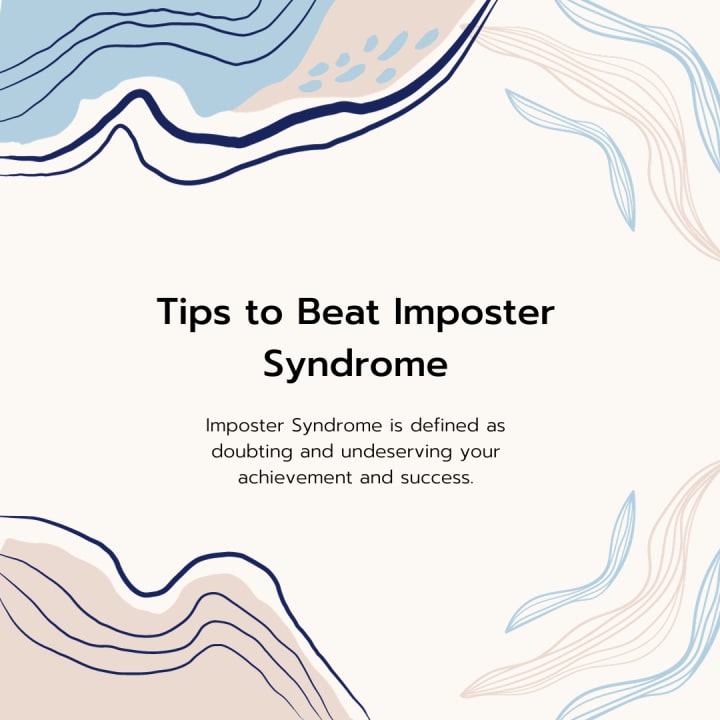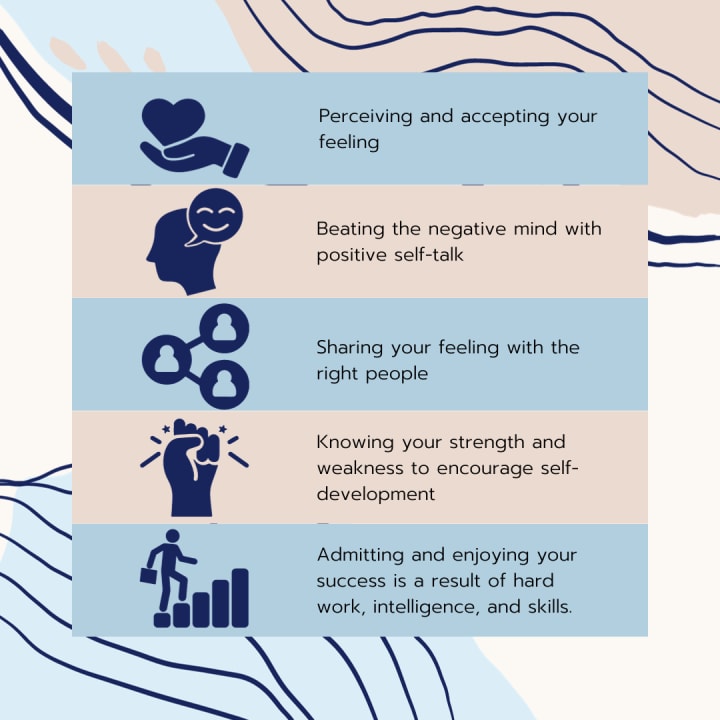The Silent Struggle
Coping with Imposter Syndrome in the Workplace

Introduction: Imposter Syndrome - The Sneaky Saboteur
Imposter syndrome is like that unexpected guest who shows up uninvited and refuses to leave. It's the internal voice that whispers, "You don't belong here," even when you've worked tirelessly to earn your place. In this article, we're going to shine a friendly, light-hearted, and engaging light on the silent struggle of imposter syndrome in the workplace and explore ways to cope with it.
The Imposter Syndrome Conundrum
At first glance, imposter syndrome seems paradoxical. It often affects high-achieving individuals, precisely the ones who are competent and deserving of their accomplishments. But, as the saying goes, "high achievement often brings high self-doubt." So, let's delve into the different facets of this silent struggle.
The Overwhelmed Over-Achievers
Imposter syndrome often finds a cozy home in the hearts of over-achievers. These individuals are known for setting ambitious goals, working tirelessly to meet them, and then wondering if they truly deserved the success they achieved. They may consistently feel overwhelmed by their own achievements, fearing they will be "found out" as frauds.
The Friendly Reminder: You Earned It
If you're an over-achiever battling imposter syndrome, remember that your accomplishments are a result of hard work, dedication, and your unique skill set. You've earned every bit of your success. Don't let imposter syndrome convince you otherwise.
The Perfectionist Predicament
Perfectionists often fall prey to imposter syndrome. They set exceptionally high standards for themselves and feel as though any minor mistake is a reflection of their incompetence. Every flaw is magnified, leading to a constant fear of failure.
The Friendly Reminder: Flaws Make You Human
Perfectionism is a tough nut to crack, but it's essential to remember that perfection doesn't exist. Embrace your imperfections; they're what make you human. It's okay to strive for excellence, but don't let it paralyze you or overshadow your achievements.
The "I-Don't-Belong" Belief
This facet of imposter syndrome makes you feel like an outsider in your own professional circle. It tricks you into believing that everyone around you is more competent and deserving of their positions.
The Friendly Reminder: You're Part of the Team
Remember, you were chosen for your role because you bring unique strengths and experiences to the table. You belong in your professional circle, and you contribute valuable insights and skills. Don't hesitate to voice your ideas and perspectives.
Coping with Imposter Syndrome
Now that we've explored the different facets of imposter syndrome, let's focus on practical and friendly strategies to cope with this silent struggle in the workplace.
- Embrace the Power of Self-Compassion - One of the keys to dealing with imposter syndrome is to practice self-compassion. Treat yourself with the same kindness and understanding that you would offer to a friend. When you make a mistake or face self-doubt, remember that it's a part of being human, and it doesn't define your worth.
- Record Your Achievements - Create a personal achievement journal. In it, document your accomplishments, both big and small. When imposter syndrome strikes, flip through your journal and remind yourself of the challenges you've overcome and the goals you've achieved.
- Seek Support and Share Your Feelings - You're not alone in this struggle. Talk to trusted friends, mentors, or colleagues about your imposter syndrome. Sharing your feelings can provide a sense of relief and allow others to offer support and perspective.
- Change Your Inner Dialogue - Pay attention to your self-talk. Challenge negative thoughts and replace them with positive affirmations. For example, when you catch yourself thinking, "I don't deserve this promotion," counter it with, "I've worked hard and earned this promotion."
- Set Realistic Goals - Striving for excellence is commendable, but setting unrealistic goals can fuel imposter syndrome. Focus on achievable, specific objectives, and celebrate your progress along the way.
- Understand That You're Not Alone - Imposter syndrome affects professionals across the spectrum, from entry-level employees to seasoned executives. Knowing that many others face the same feelings can help normalize your experience.
- Celebrate Small Wins - Acknowledge and celebrate your small victories. Completing a project on time, receiving positive feedback from a colleague, or successfully presenting an idea are all accomplishments worth celebrating.
- Continual Learning and Growth - View your career as a journey of continual learning and growth. Embrace challenges and new opportunities as chances to expand your skills and expertise.
- Recognize the Difference Between Failure and Learning - Understand that making mistakes or facing setbacks is not a reflection of your incompetence. Instead, it's an opportunity to learn, adapt, and grow. Mistakes are not failures; they're lessons.
- Seek Professional Help - If imposter syndrome is severely impacting your mental health and professional life, don't hesitate to seek the assistance of a therapist or counselor. They can provide strategies and support tailored to your unique situation.


Conclusion: Unmasking the Imposter Syndrome
Imposter syndrome may be a silent struggle, but it doesn't have to be an insurmountable one. With the right mindset, self-compassion, and supportive strategies, professional women can unmask the imposter syndrome and realize their true potential.
Remember, imposter syndrome is a sneaky saboteur, but you're the author of your professional story. Embrace your achievements, celebrate your unique strengths, and recognize that you're not alone in this battle. In the end, you're not an imposter; you're a capable, accomplished professional who has earned their place in the workplace. The journey to overcome imposter syndrome is just one more chapter in your success story.
About the Creator
Kay Johnson-Clennon
I’m a Wife | Mother | Author | Associate Actuary
Find out more here: https://linktr.ee/kaynijo






Comments (1)
Love it! ♥️